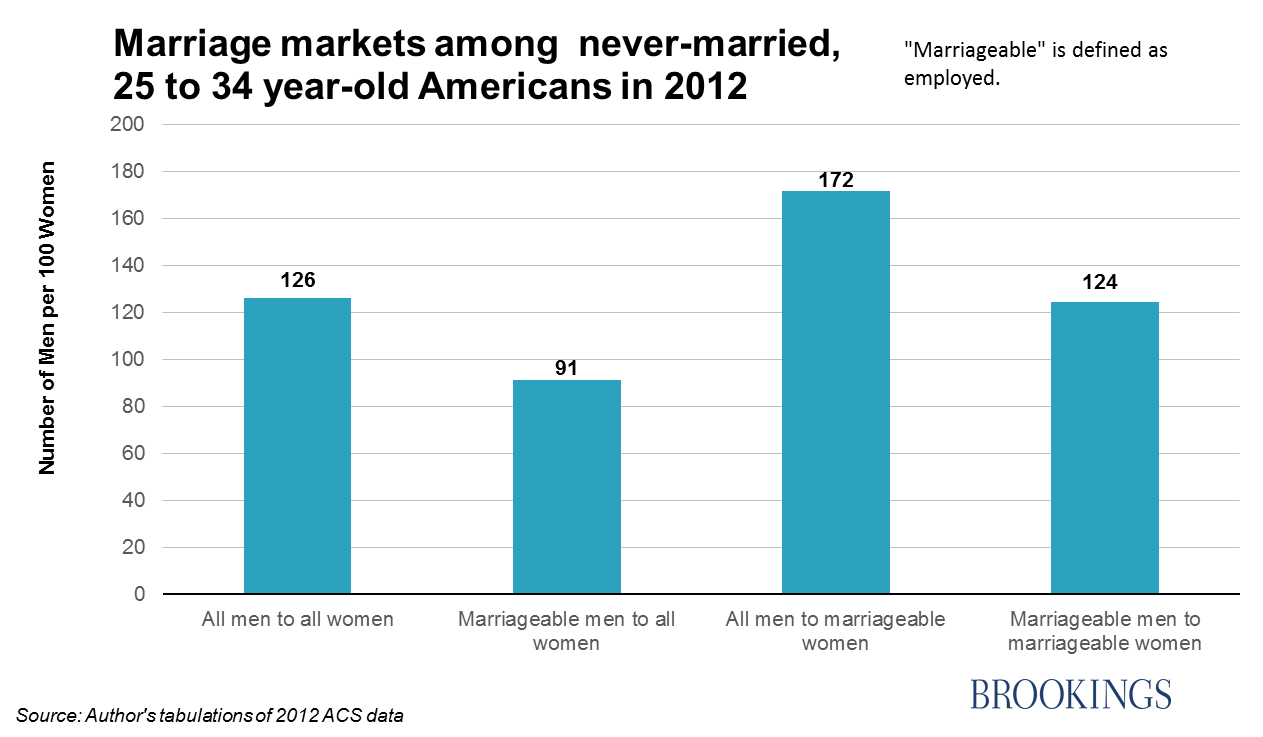

Sawhill draws on insights from the new field of behavioral economics, showing that it is possible, by changing the default, to move from a culture that accepts a high number of unplanned pregnancies to a culture in which adults only have children when they are ready to be a parent.If you don’t have time to listen to the whole thing, here are the six big takeaways from the podcast:Īt 2:50: “For all the talk about income inequality and the gaps that are arising there, there are also gaps in education, and there are gaps in family structure and in parenting styles that are also creating very unequal starts for American children.”Īt 5:30: “Unwed childbearing is getting close to being the ‘new normal’ for women under 30- the proportion of all children born outside of marriage is now over 50%.

These two distinct patterns are contributing to an emerging class divide and threatening social mobility in the United States. Sawhill offers a third approach: change "drifters" into "planners." In a well-written and accessible survey of the impact of family structure on child well-being, Sawhill contrasts "planners," who are delaying parenthood until after they marry, with "drifters," who are having unplanned children early and outside of marriage. The left argues for more social support for unmarried parents the right argues for a return to traditional marriage. The result is increased poverty and inequality for children. Over half of all births to young adults in the United States now occur outside of marriage, and many are unplanned.


 0 kommentar(er)
0 kommentar(er)
